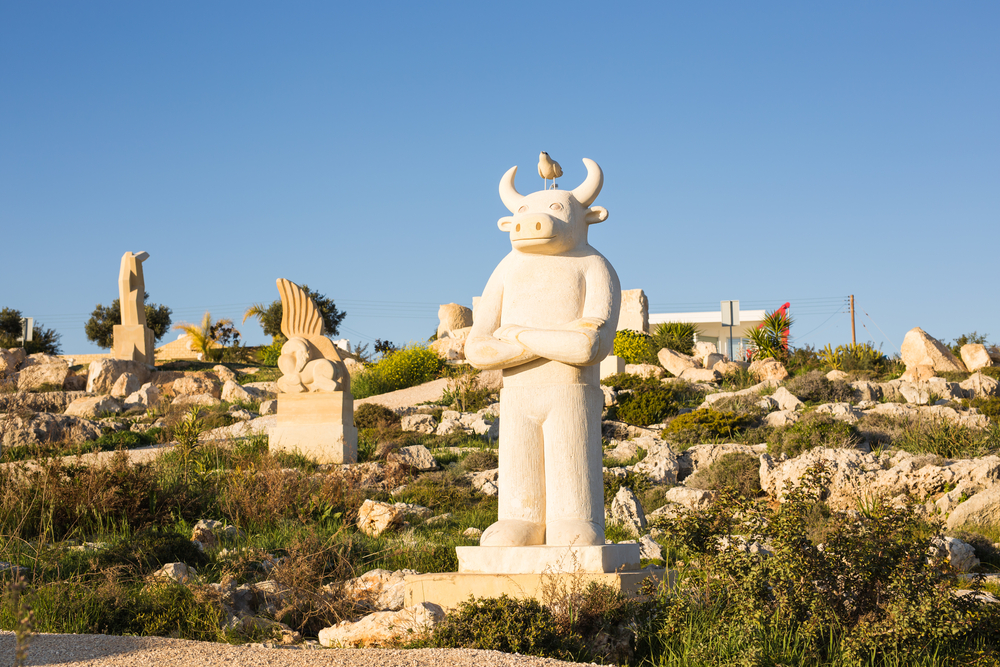When travelling to any foreign country you expect things to be different – that’s one of the reasons we love to travel abroad: to experience new things and see new sights!
But having a little knowledge of what to expect beforehand can make your stay so much more enjoyable because you’ll be more relaxed and able to fully appreciate the experience.
Here, we’ve put together a list of essential things that we feel you should know before travelling to Israel to make the most of your stay.
Language
In Israel, the official languages are Hebrew and Arabic. Both use a Semitic alphabet that is totally different to the Roman alphabet you’re used to. Having said that, all road and street signs appear in Hebrew, Arabic and English, as this was an official language until 1999 which is still used today. Many shop signs will be in English and most Israelis speak some English, so getting around shouldn’t be a problem.
Money
The official Israeli currency is the New Israeli Shekel (NIS or ₪ in Hebrew) and the shekel is divided into 100 agorot. There are 10, 5, 2 and 1 shekel coins and 50, 10 and 5 agorot coins. As for banknotes, they are in denominations of 20, 50, 100 and 200 shekels. Israel recently issued new 50 and 200 shekel banknotes so you may get the same denominations in different colors. If in doubt, ask!
Exchange rates change all the time, but you’ll find them displayed in banks – or just ask at the front desk.
Please be aware that the 20 shekel note and the new 50 shekel note are very similar in colour (green) and it’s easy to confuse the two – so be careful.
Electricity
Israel uses 220 volts so US devices will not work – in fact, if you plug them you’ll need to get new ones. European and UK electrical appliances (cell phone chargers etc.) will work perfectly but you may need an adaptor as Israeli plugs follow the European standard and your UK plug just won’t fit. You can get cheap adaptors from almost any camera and electrical store in Israel, at the airport or in shops like Dixons in the UK.
Driving
In Israel they drive on the right, so be warned: if you’re driving yourself, everything is reversed. Speed limits are in KPH, not miles. On most inter-city roads the upper limit is 90 KPH, but on some major highways the limit can be 120 KPH (75 MPH) – just look for the signs. In town limits vary, but in general there is a 50 KPH (31 MPH) limit. Again, just look for the signs.
Road signs use the same international symbols as in the UK so you should have no problems there.
A word of warning – Israel drivers can be very aggressive, so be careful and aware of what’s going on around you.
Health
Israel has an excellent health service with clinics and doctors all over the country. But as a tourist, unless you have health insurance, it can be very expensive. Check with your insurance company before leaving. Having to see a doctor on holiday is bad enough, but having to fork out a small fortune for it is almost as bad.
Religion
Israel is a Jewish country with a large Muslim and Christian population. You need to be aware that most of the country “shuts down” on the Jewish Sabbath, which is from dusk on Friday until Sunset on Saturday. Most shops are closed, public transport doesn’t run but taxis do, and all offices, health clinics etc. are also closed. The same applies to major Jewish religious festivals.
Tipping
It’s customary to tip waiters and taxi drivers 10% to 12.5% of the bill. In hotels you generally don’t need to tip, but it’s at your discretion.
How to Get to Israel
All the major airlines fly into Ben Gurion Airport, Israel’s main international airline arrival and departure point. Quantas, easyJet, Sabena, Monarch, EasyJet, Swiss Air and Delta are only a few. Ryanair recently began flights to Israel but they all land at Uvdah Airport, not far from Eilat in the south.
Usually a direct flight from the UK to Israel takes about 5 – 5.5 hours. Weather conditions, and especially head or tail winds can effect flight times, but generally not that much. Costs vary, with the bigger airlines being more expensive than budget companies such as easyJet and Monarch. For a non-budget airline like BA, Iberia and the like, expect to pay £400 to £500 and even more. If you’re flexible on your dates and time, budget airlines can be considerably cheaper. On average, budget return flights are about £156 – but we’ve seen cheaper as well.
Getting to and from Ben Gurion Airport to Tel Aviv and the rest of Israel is easy. You can hire a car from any of the international hire firms (Aviv, Sixt, and Avis for example), or get a taxi from just outside the Arrivals Hall. Drivers are legally obliged to operate their meters, so be sure they do.
If you feel more comfortable knowing that you’ll pay a fixed price for a door-to-door transport service, book Tel Aviv airport transfers in advance and remember to state where you want to be dropped off. Your driver will be waiting for you when you arrive and you should be in Tel Aviv within 30 minutes and Jerusalem in less than an hour.
Public Transport
Israel has an excellent bus service including a wide network of inter-city routes. Busses are modern, comfortable, air conditioned and many have free Wi-Fi. Main routes (Tel Aviv to Jerusalem for example) have services that run every few minutes. Just ask at the bus terminal. A word of warning: routes to out of the way areas don’t run very often.
Trains run almost 24 hours a day, but the main line only goes from Nahariya to Beersheba with a couple of local lines. There is a train to Jerusalem. The views are brilliant, but it’s really slow – just over 2 hours!
Finally, Israeli public transport is safe! Security is well organised and relatively unobtrusive, so travel with confidence.




